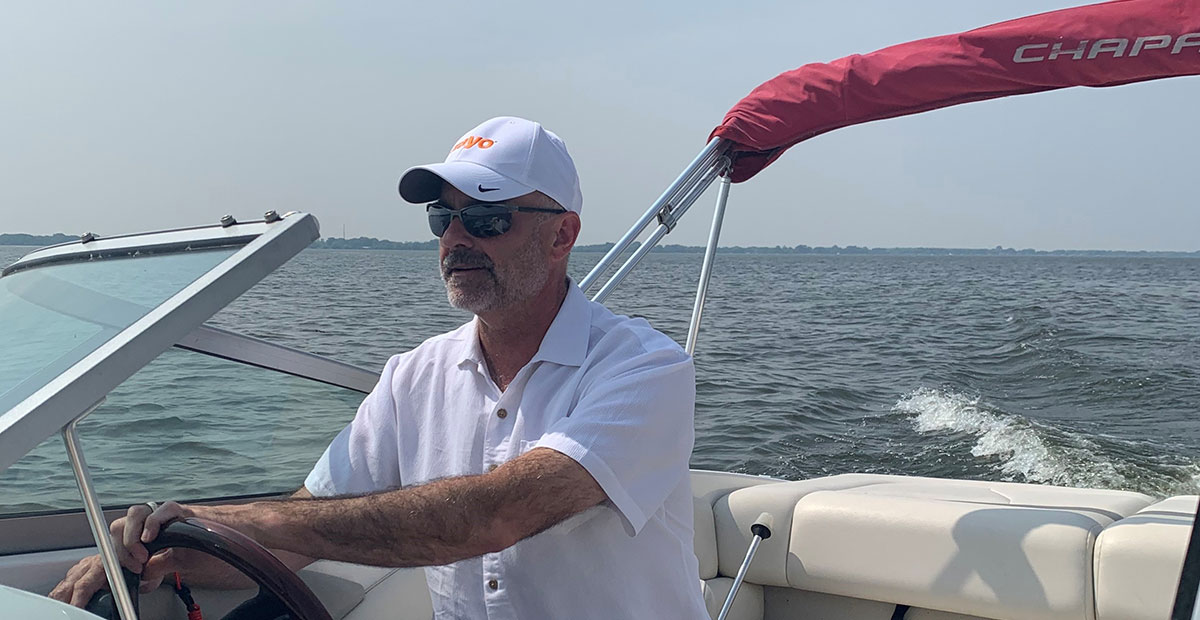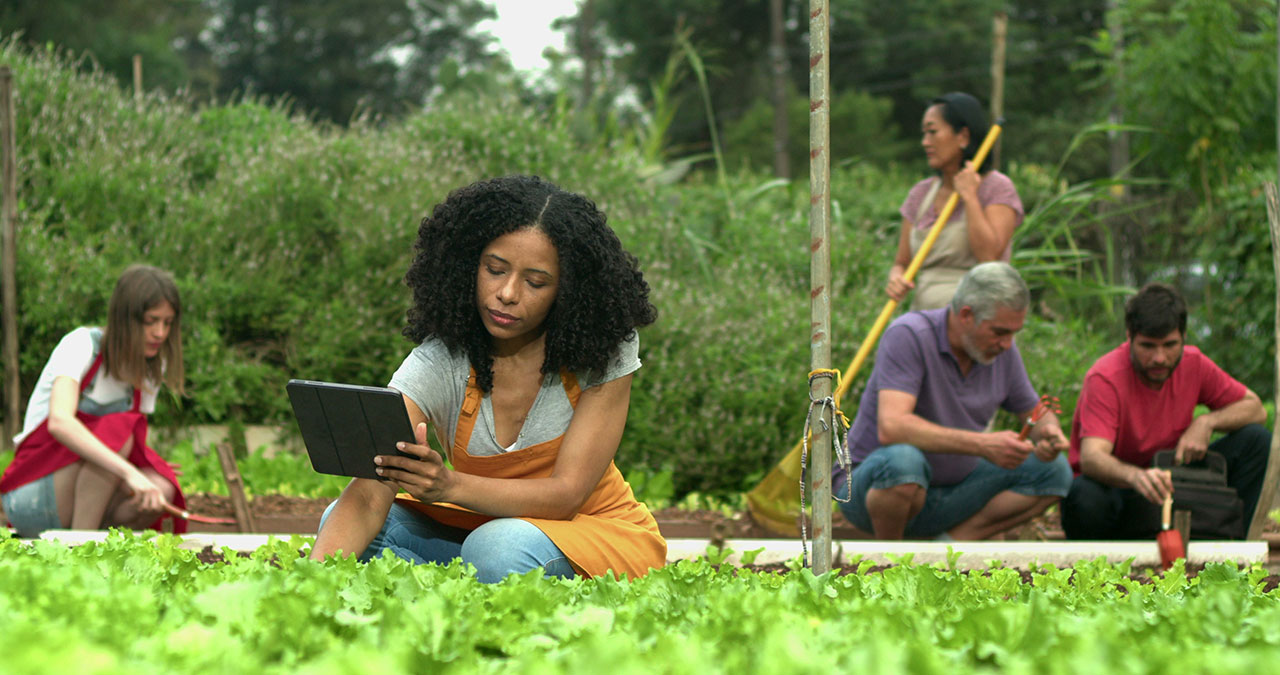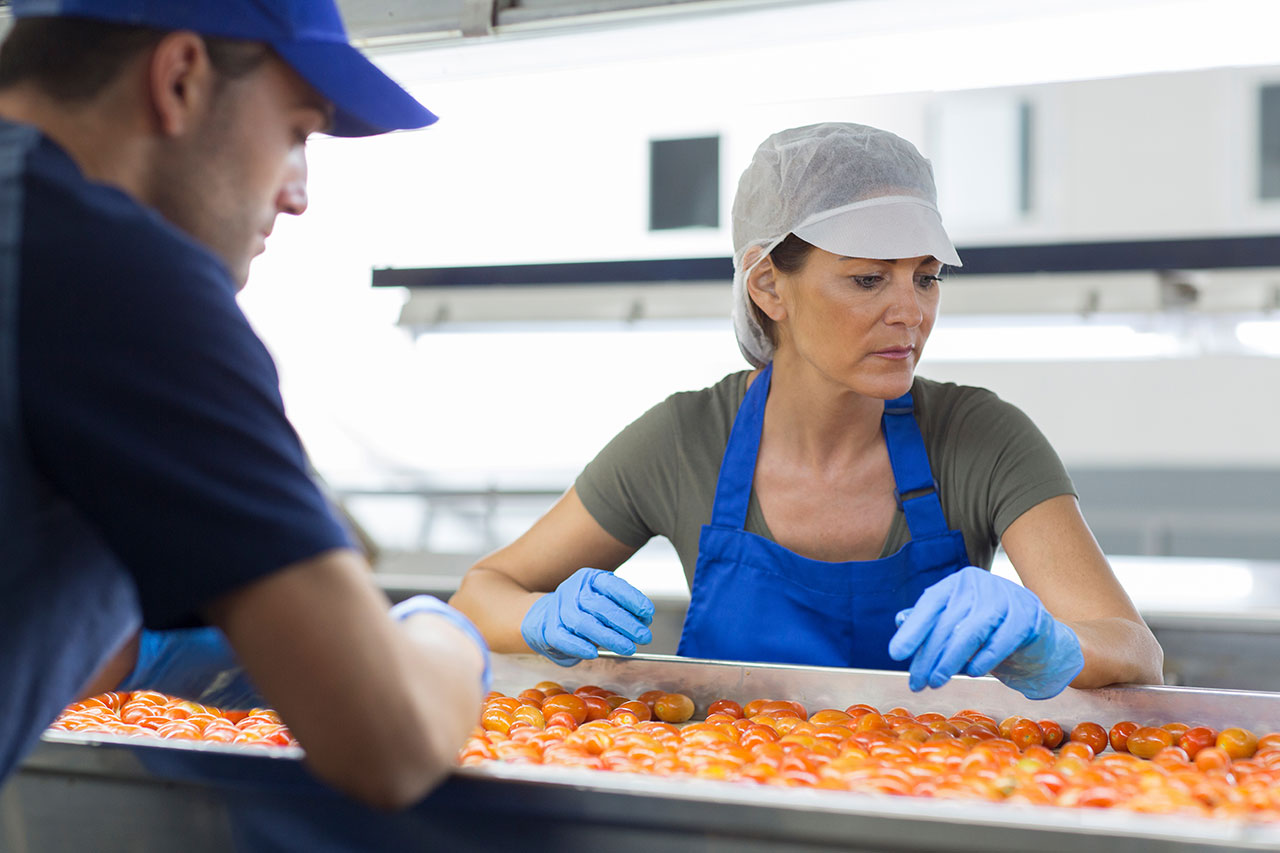Growing her own rural roots in the Kickapoo Valley
Susan Townsley advocates for mental health services for rural residents
Susan Townsley was a big-city girl for the first dozen years of her adult life, working in Chicago and Washington, D.C., for nonprofit organizations that help people with critical housing and health needs.
And then, 23 years ago, Susan and her husband, Bill Townsley, decided to move their young family to Viroqua, a city of 4,500 that sits along a ridge of the Ocooch Mountains in southwest Wisconsin’s Driftless Region.
“We had heard about Viroqua. We came up and visited, and we fell in love with the energy and beauty of the area. So, we bought a farm,” Susan says.
Susan and Bill live on an organic farm. Bill farms and conducts therapeutic mentoring for Trailhead Therapy and Mentoring. Susan helps Bill on the farm and is a psychotherapist. She is the founder, owner, and clinic director of Stonehouse Counseling, a mental health clinic in Viroqua.
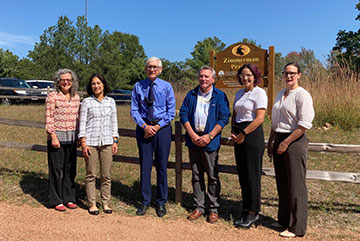
Governor Evers, Susan, and other commission members meet at Zimmerman Park.
Susan also is a member of the Governor’s Blue Ribbon Commission on Rural Prosperity, a panel representing the diverse interests of Wisconsin’s rural communities. The commission, established by Governor Tony Evers in 2020, came out with a report in December 2020 recommending a long list of steps the state should take to bolster the economy and well-being of rural Wisconsin.
Hearing rural residents talk about their joys and their challenges was one of the best parts of the commission’s work, Susan says. Three public forums, held online, drew comments from more than 500 people. Their concerns centered around several themes, she said, such as “transportation limits, broadband availability, access to care, and the need for more in-home services. There was a lot of good discussion about the substance use crisis that we have in rural areas.”
The commission’s recommendations included creating a state government branch that champions the attributes and the needs of Wisconsin’s rural areas. From that, the Office of Rural Prosperity was created as part of WEDC.
The report touched on some of Susan’s passions about rural Wisconsin. It called for investing in the “vital ingredients” that will ensure a better future: “Essential components of an economic development strategy include affordable high-quality broadband, child care and housing, physical and mental health care, career pathways, family support, youth mentorship, transportation, food security, renewable energy systems, and education.”
Increasing funding for rural schools, special education, and school counseling staff; adopting Medicaid expansion; continuing to reimburse patients for physical and mental health services accessed online; and providing state support for full-time emergency services are also essential, she says.
“If we don’t take care of our most vulnerable citizens, we do not make progress as a state. Instead, we simply end up creating a greater wealth gap,” Susan says.
A change of scenery
Susan grew up in suburban St. Louis, “where nobody locked their door and kids played outside until it got dark.” She earned a bachelor’s degree in psychology at Duke University and master’s degrees in both social work and business at Columbia University. Her goal was to help people through the services offered by nonprofit organizations.
After working for the American Lung Association in Washington, D.C., and as a housing advocate for people living with HIV/AIDS in Chicago, Susan helped start new programs for two of the nonprofits she worked for. She applied for a grant that led to the opening of a transitional housing program for homeless people living with HIV/AIDS while she worked at Travelers & Immigrants Aid, and she opened and managed a home for girls in need, ages 11 to 14, when she worked at Mercy Home for Boys and Girls.
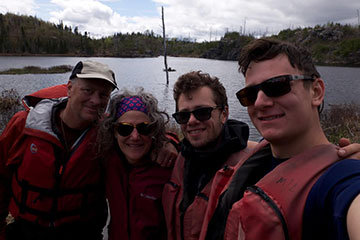
Susan enjoying a day on the water with her family.
But when Susan and Bill started their own family, they decided it was time for a major change. “The way I grew up and the vision that I had didn’t match raising kids in the heart of a big city,” Susan says.
As ardent nature lovers, Susan and Bill wanted to be close to the great outdoors. They decided to move to a rural area—one that would be affordable, with access to alternative medical care, good education, and organic food.
They landed in Viroqua and have been there for 23 years. When their two sons were young, they raised chickens for eggs and goats for milk and cheese for their own family to eat. “It was a magical time,” Susan says. Today, they sell their asparagus, maple syrup, and organic hay—all of that as former city folk with little experience in farming.
“There is nothing that you can’t buy a book for,” Susan says with a grin. “We were also very, very lucky to have amazing neighbors who took Bill under their wing.”
A change in attitude
Leaving city life is more than just a change in geography, says Susan; it is also a change in attitude, neighborliness, and community.
“I think for me, just being a kind, good neighbor is so real in rural areas and what makes it work,” she says. When neighbors need a hand with their farms, Bill pitches in. When the Townsleys can use extra help, their neighbors reciprocate. “I think it’s embedded in the culture, and it’s a big part of why we left the city. There’s a different mentality. There is a vision of rural life as being simpler. It’s really not simpler; it is hard and busy. But it is so beautiful, in many ways.”
For a mental health professional, the issues that emerge in counseling sessions in farm country are not miles apart from those in urban areas, Susan notes—but farmers can be reluctant to seek counseling. The attitude is: pull yourself up by the bootstraps and make it work; Susan is trying to find ways to break through those barriers.
In addition, while violent crime is less prevalent in rural areas, domestic violence is a serious problem, she says: “That’s an area I’ve been putting a tremendous amount of time into.”
She is a member of the Vernon County Coordinated Community Response Team that’s initiating a program to have volunteers work with law enforcement officials when domestic incidents occur. “Law enforcement will secure the scene and we will have community volunteers who go to the scene and support the victim,” Susan says. “We know it’s very rare for victims to call, but if you can help them understand their options, there’s a much better chance you can end the cycle. If you don’t get in there right then, there’s much less of a chance they’ll call again.
“Part of the struggle is that we don’t have all the programs that big cities have. There are no programs right now in Vernon County for the batterer. If you don’t work with the batterers, they will do it again. Hurt people hurt people,” she says. “We need to treat batterers as human beings who need help and support or we will never be able to end the cycle of violence.”
Another difficult issue is substance use. “Fentanyl is a huge worry in rural areas. It is so addictive, traces of it are being put into other drugs to increase their sales.” Opioids in general (fentanyl is a synthetic opioid) and methamphetamine are also big problems, Susan says.
She says poverty is a contributing factor: “I think we don’t do a very good job in our country of making sure that people’s basic needs are met. If life is a struggle every day, we can empathize with why people choose to find something to ease the pain.”
In addition, there are fewer clinics in rural areas to provide mental health services: “We have a wait list. Every clinic I know has a wait list. For services such as inpatient care for mental health and substance use, we have to refer people to La Crosse, Madison, or Eau Claire.”
She focuses on building relationships at an early level: “I talk to pregnant women or women with new babies to help them understand how to make their babies’ little brains the best they can be. The more we put our energy into the very early beginning of a baby’s life, the more chance we have of developing a person’s self-esteem.”
Susan also serves on numerous local, state, and national organizations, including the board of directors of the National Association of Social Workers’ Wisconsin Chapter, the Vernon County Domestic Abuse Projects Coordinated Community Response Team, and the Vernon County Trauma Task Force.
Getting to know Susan Townsley behind the scenes
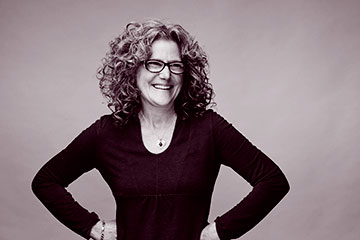
Susan Townsley, founder, owner, and clinic director of Stonehouse Counseling, a mental health clinic in Viroqua.
Family: Husband Bill Townsley and sons Charlie, 26, and Arlo, 24
Pets: Two dogs—Luna, a black Labrador retriever, and Stella, a border collie mix
Early career goals: “When I was young, I thought I’d go into politics. Then I really wanted to be an FBI agent—until I realized they have to carry guns. Later, I was interested in international development, but the more I learned about the problems we have here, the more I wanted to make a difference here.”
Favorite foods: “I like so many different foods, but if I had to pick my favorites I would have to say: pickles, lox, and veggies right out of the garden (not all eaten together).”
Hobbies: Running, hiking, cooking, gardening, and reading
Favorite song from youth: “I Will Survive” by Gloria Gaynor
How weird are you? “Pretty weird, I hope! But actually, thinking about how to make things better for other humans is really exciting and fun. That’s what I do with my brain most of the time.”
Summing it up
The sense of community that seems to come naturally in rural areas is really essential for all people, Susan says. “We are totally wired for connection even though we live in this culture that supports individualism. It’s obvious at critical times; for example, when there’s a tornado, people come out of the woodwork to help each other in rural areas.
“Though in rural areas in particular, we often are very isolated, there is a sense and a knowledge that we need each other to make it all work.”

